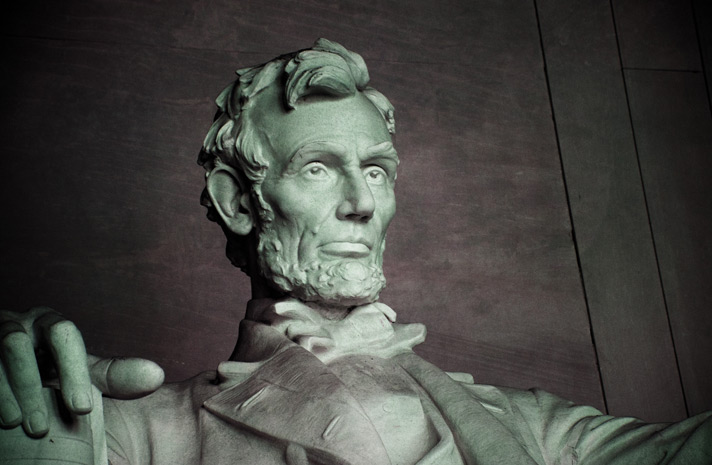A Few Minutes with the Mayor – October 2018
I thought I’d put the election off till next month. You already know how I feel about this terrible meals tax proposal.
Have you noticed a lack of civil discourse in these times? Of course you have. Just turn on the television news and cable channels and the ferocity of insults is astounding, at least to this observer. No public figure, no office-holder nor politician is immune. It doesn’t even stop with insults. It develops into death wishes. It’s as if Robespierre has been resurrected to orchestrate the litany of character assassination and political diatribe. How did we get here and how serious is the effect on the rest of society—on those of us who don’t graze at the feeding stalls of hate? The answer depends upon where you start to examine the tapestry of American discourse, and for that let’s go back to a President so highly regarded today that he is enshrined on the Mount Rushmore memorial… Abraham Lincoln.
Of course the South hated him. Their vitriol was to be expected. But what of his peers and even the Abolitionists who would be expected to support him? A look at their words show the disdain and ill regard directed at him. And their views on his famous speeches tell the story.
Lincoln’s Gettysburg Address, recited by school children for generations and regarded as one of the most powerful speeches in human history, was reported in a Pennsylvania newspaper in the following manner: “We pass over the silly remarks of the President. For the credit of the nation we are willing that the veil of oblivion shall be dropped over them, and they shall be no more repeated or thought of.” The writer wasn’t alone. Even a London Times correspondent wrote, “Anything more dull and commonplace it wouldn’t be easy to produce.” So much for the Gettysburg Address!
Then there is the lesser known passage from Lincoln’s first inaugural address. “I am loth to close. We are not enemies, but friends. We must not be enemies. Though passion may have strained, it must not break our bonds of affection. The mystic chords of memory, stretching from every battlefield, and patriot grave, to every living heart and hearthstone, all over this broad land, will yet swell the chorus of the Union, when again touched, as surely they will be, by the better angels of our nature.”
Shakespearian in style and quality, you would be hard pressed to find anything this lyrical in any other President’s words. Yet one northern writer described the speech as “involved, coarse, colloquial, devoid of ease and grace, and bristling with obscurities and outrages against the simplest rules of syntax.” The writer obviously lacked better angels in his nature.
We hear about media bias today and the charges are sometimes true, but many northern newspapers in Lincoln’s day openly called for his assassination. The danger to Lincoln was so great that even when traveling to Washington for his inauguration there was a plot to kill him when the train stopped in Baltimore. Hollywood even made a surprisingly good film about it, “The Tall Target,” starring Dick Powell.
So what about today’s political climate? Is it as bad? Is civil discourse gone from our society? The media who thrives on discord would have us believe the answer is “yes.” Politicians such as the Mayor of Portland, who allows masked thugs to go through the streets destroying private property with few if any arrests, adds to the growing chaos in our nation. Civic leaders who encourage followers to engage in civil disobedience add to the anarchy present when people stop talking and begin shouting.
A republic or democratic form of government is by its very nature raucous or discordant. It only succeeds when all voices are allowed to speak… not just a handful. When we shut down opposition by yelling and demonstrating, we inevitably suffer the same consequences as Robespierre who lost his own head.
Sadly, there are those, even here in Jacksonville, who fail to understand this. Apolitical as my columns usually are, there are those who would shut it down because of what they perceive to be my political beliefs. I’d find this amusing if it weren’t so sad.
Oh well! At least they weren’t bored.
